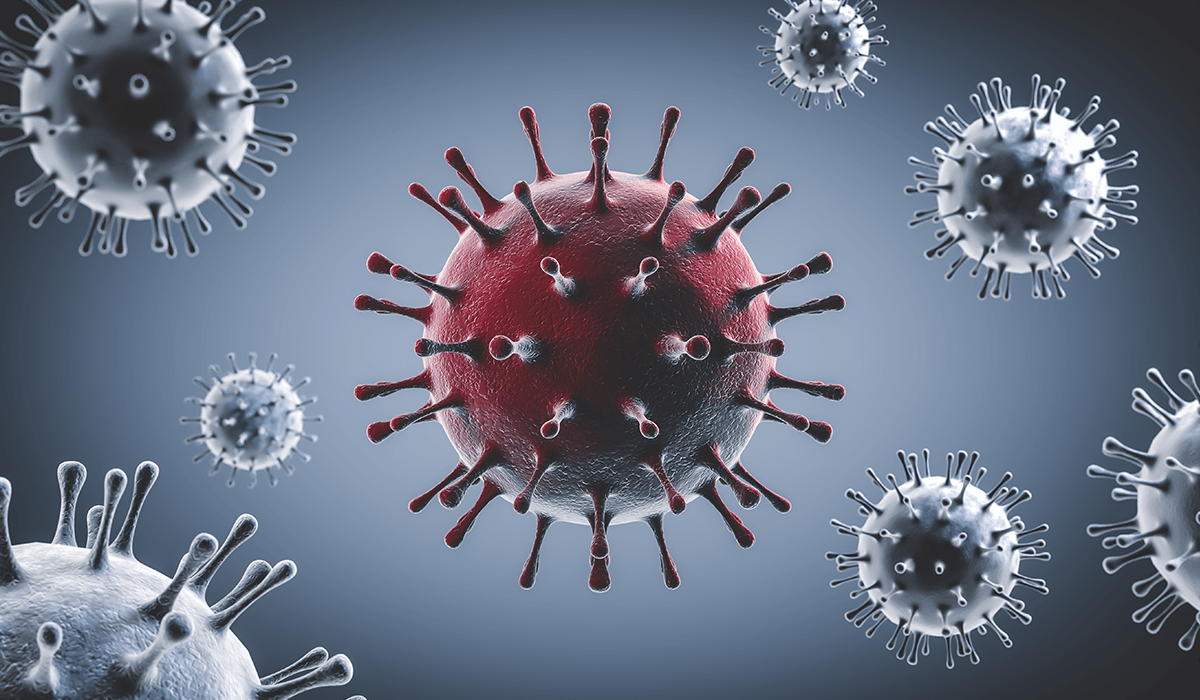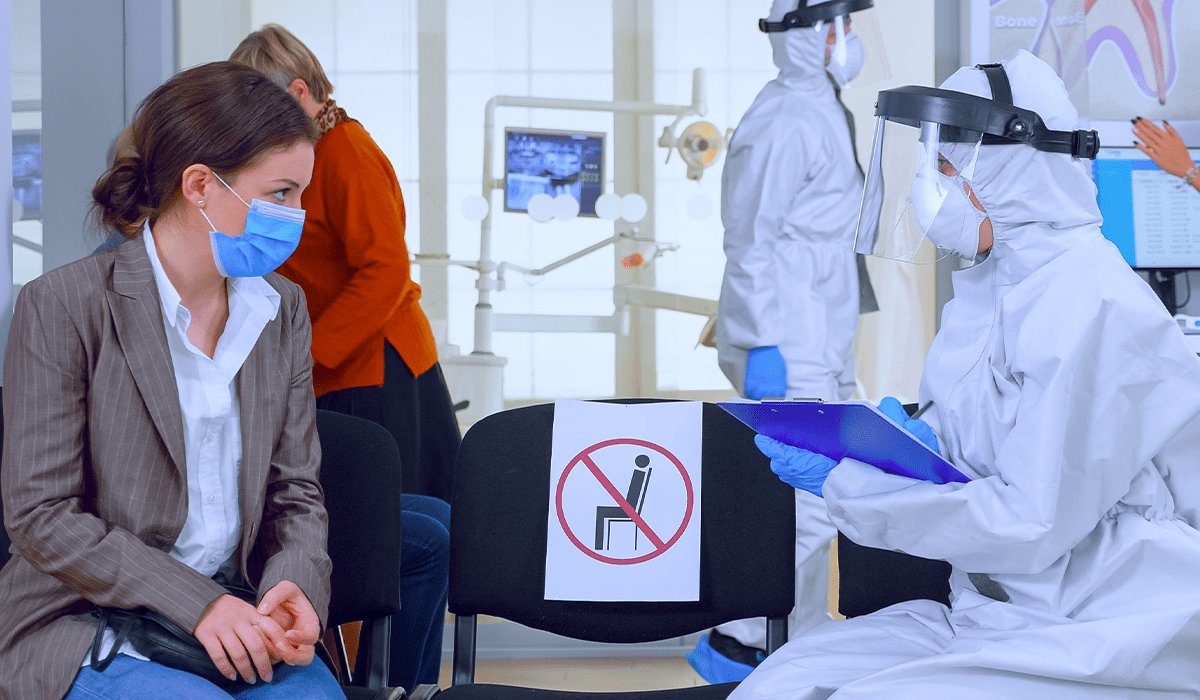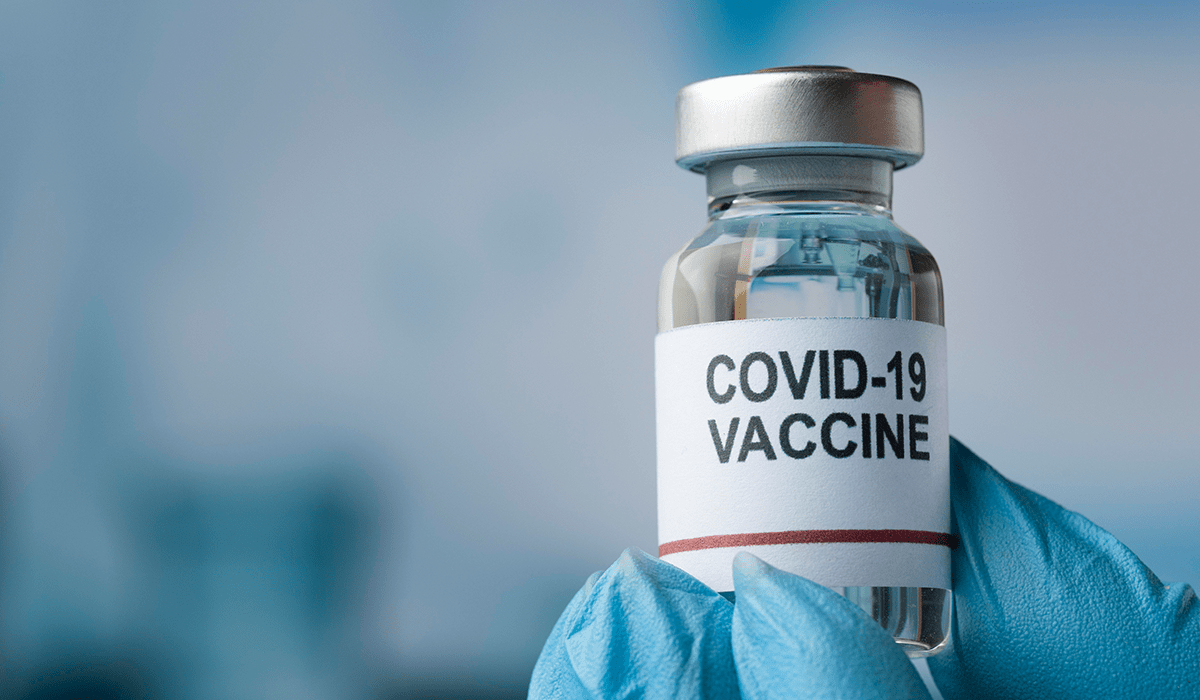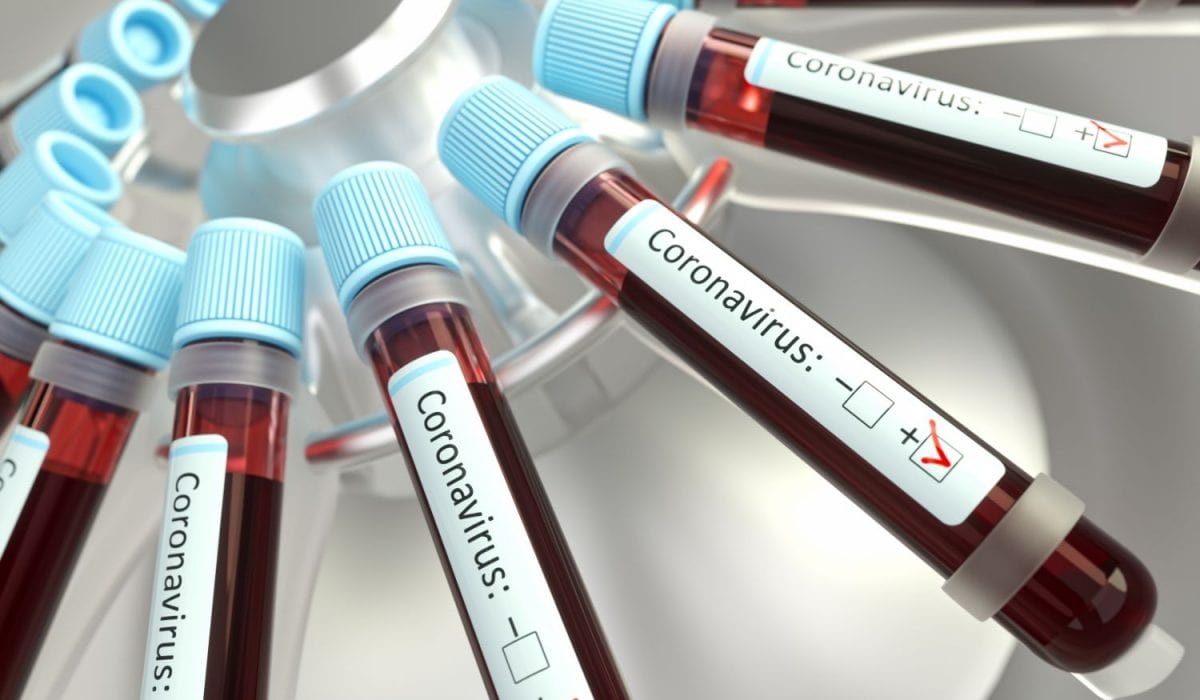Coronavirus, aka Covid-19, is on the list of infectious diseases. However, this is a new form of the virus and it has been discovered recently. The majority of people who get this virus suffer from mild or moderately severe symptoms. The good thing is that most of the patients recover from the illness without any treatment. In this article, we are going to talk about the symptoms and preventive measures that can help you stay safe.
According to research studies that have been done so far, older individuals and those who already have underlying medical conditions, such as cancer, chronic respiratory disease, and diabetes are more likely to suffer from severe symptoms of the diseases.
Prevention
Fortunately, there are some proven ways to prevent infection and slow down the pace it spreads at. Given below are some tips that can help you save yourself from the infection and slow down the spread.
- Make it a habit to wash your hands with soapy water. It’s better to wash your hands for at least 20 seconds as this is the amount of time the soapy water takes to kill the virus.
- If someone is sneezing or coughing, make sure you stand at least one meter away from them.
- As much as possible, try to keep from touching your face
- If you have to sneeze or cough, cover your nose and mouth to keep the droplets from infecting others or the things in front of you.
- If you think that you are infected with the virus, don’t get out and stay inside your room.
- Don’t smoke or take part in activities that can cause your lungs to get weaker.
- Practice social distancing and don’t travel unless you really have to.

Symptoms
First of all, it’s important to note that the coronavirus doesn’t affect everyone the same way. Since Covid-19 spreads respiratory diseases, most people suffer from mild to moderate symptoms. This means most of sufferers can recover from the illness without getting any special treatment. All they need to do is keep themselves away from everyone and practice the tips given above.
However, people with underlying conditions are at a higher risk of suffering from severe symptoms. Some of them may even die from the virus. Similarly, people over the age of 60 are also at a higher risk of severe symptoms. Therefore, these people should be more careful than others.
Common Symptoms
Given below are some common symptoms of the virus. They are mild symptoms and can go away between 7 and 14 days.
- Dry cough
- Tiredness
- Fever
If you have mild symptoms or you are observing self-isolation, you may get in touch with your healthcare provider for advice on how you can get tested for the virus. This is important if you want to save yourself and your family from the infection. Your life and the life of your family are in your hands.




